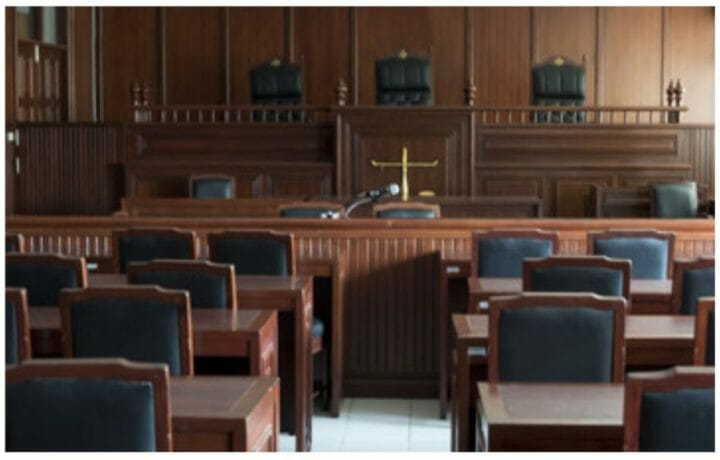Most of us can probably recall making stupid, cringe-worthy decisions as teenagers. That’s part of growing up and learning how to be a productive member of society.
For some people, however, those decisions crossed the line from bad idea to criminal, resulting in a juvenile RAP sheet that they now fear may torpedo their chances of obtaining a security clearance as an adult. The good news is that this is rarely the case.
Juvenile Delinquency in the Background Investigation
Absent extraordinarily serious charges, recency (meaning that the individual is applying for a clearance at a very young age), and/or a continued pattern of criminal activity as an adult, juvenile criminal charges rarely even come up as issues in security clearance background investigations. That is because potentially applicable questions on the SF-86 are limited in scope to the last seven years, felonies, or certain narrow categories like drugs, alcohol, firearms, and explosives. Common and petty juvenile offenses like malicious mischief, vandalism, curfew violations, theft, and fighting are not typically responsive.
Even if your juvenile arrest history is responsive to an SF-86 question, security clearance adjudicators are also far more forgiving of criminal activity that occurred when the applicant was a minor than they are had the same activity occurred as an adult. That’s because the National Adjudicative Guidelines for Security Clearances explicitly require adjudicators to consider factors such as the individual’s age at the time of the conduct and the passage of time since the conduct. Plus, security clearance adjudications involve a human element. There is a decent chance that the adjudicator reviewing the case also made some decisions as a juvenile that she or he wishes they could undo.
Adjudication Process
If you are still concerned, understand that security clearance adjudications are meant to be predictive determinations of future behavior, not punishments for past conduct. The single best predictor of future conduct is the individual’s track record of good behavior since becoming an adult; or conversely, as I referenced above, a continued pattern of criminal activity. Provided you can demonstrate that you learned your lesson, matured, and subsequently turned your life around, it is unlikely that a juvenile criminal record will be an impediment to obtaining a security clearance, if it even comes up during the background investigation.
As to how one proves a negative (i.e., that they haven’t been continuing to engage in criminal activity as an adult and just haven’t been caught), that’s not necessarily a requirement unless the conduct was unusually serious and/or recent. In such a scenario, evidence of good character such as references, community involvement, and charity work can be valuable. Also important: evidence that the information is not a secret and thus does not constitute a potential for blackmail.
This article is intended as general information only and should not be construed as legal advice. Although the information is believed to be accurate as of the publication date, no guarantee or warranty is offered or implied. Laws and government policies are subject to change, and the information provided herein may not provide a complete or current analysis of the topic or other pertinent considerations. Consult an attorney regarding your specific situation.




